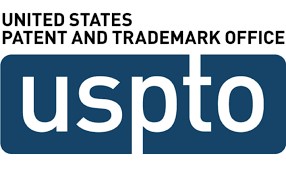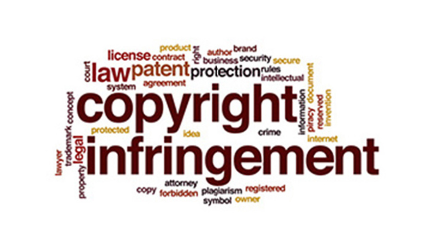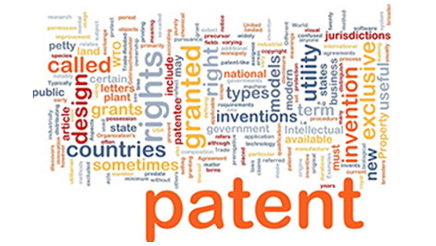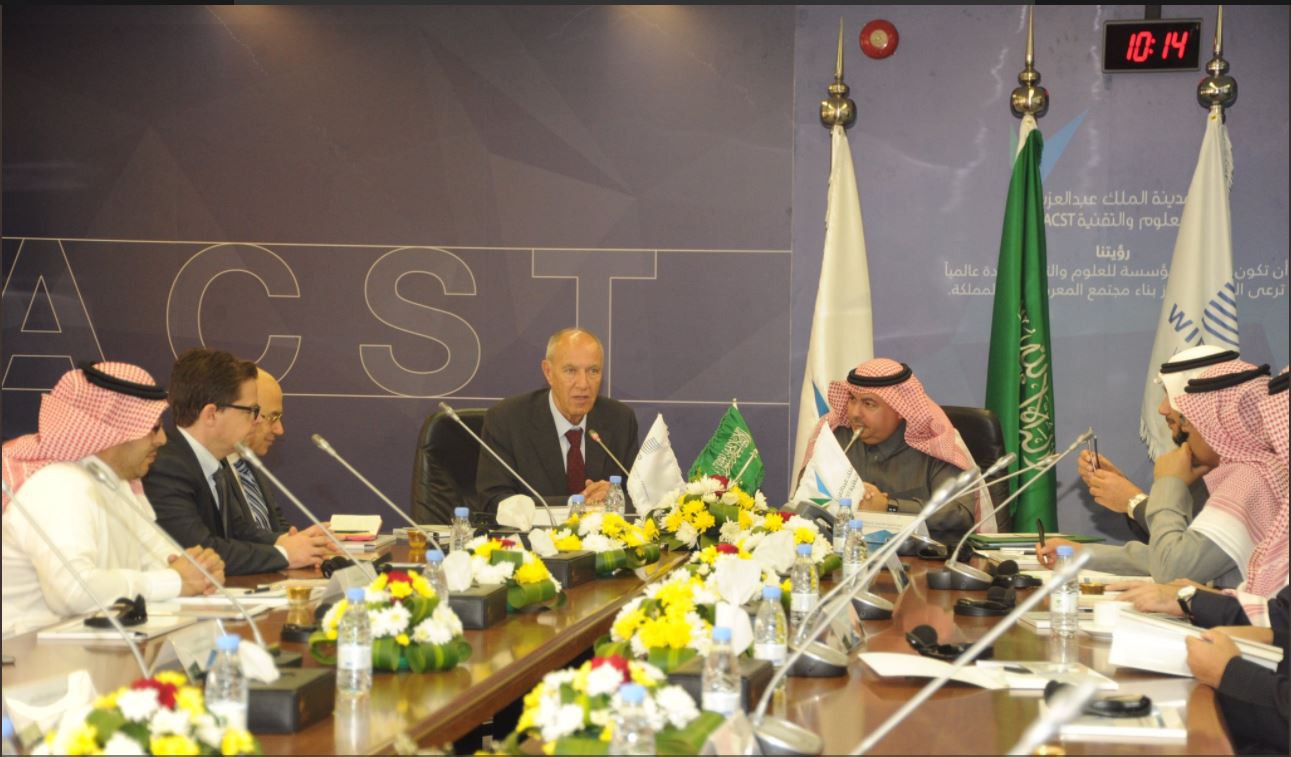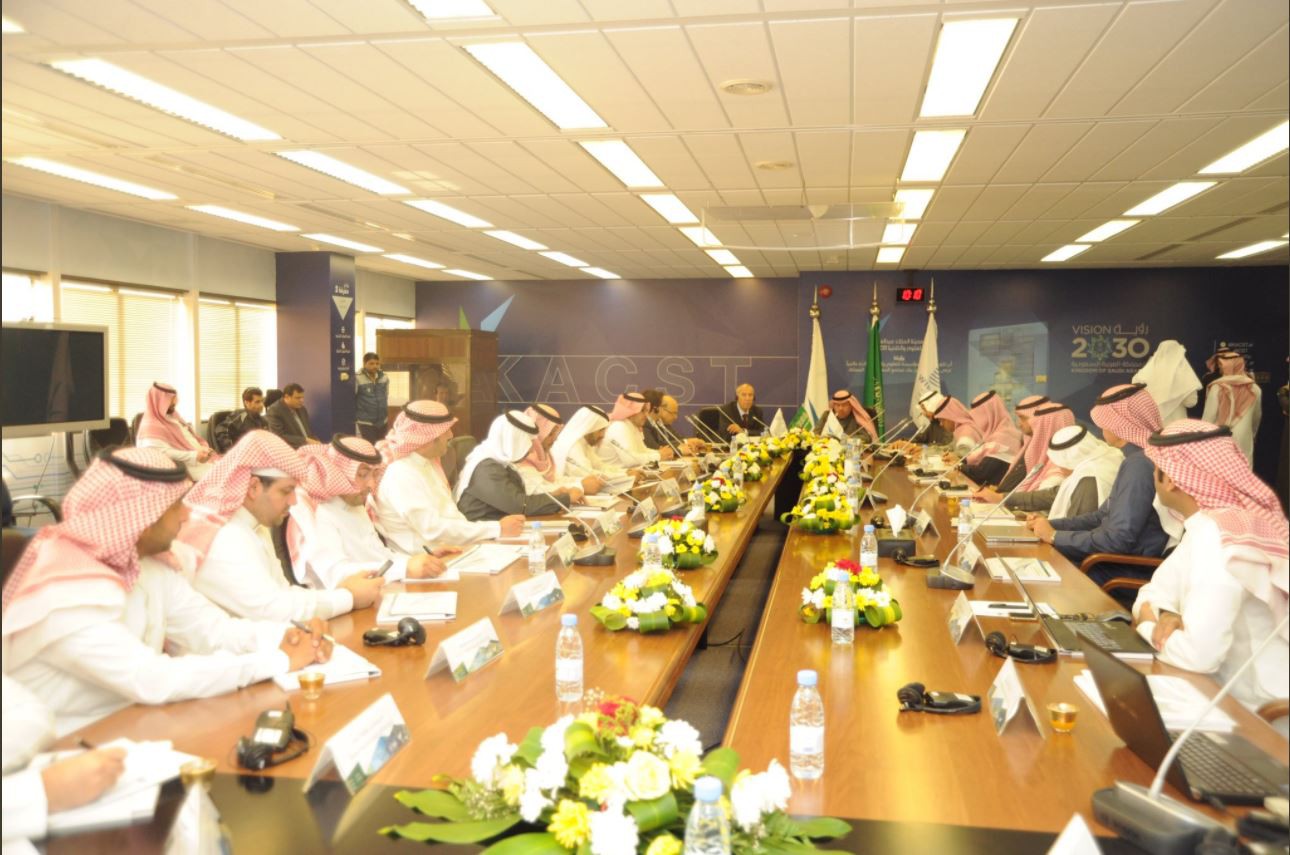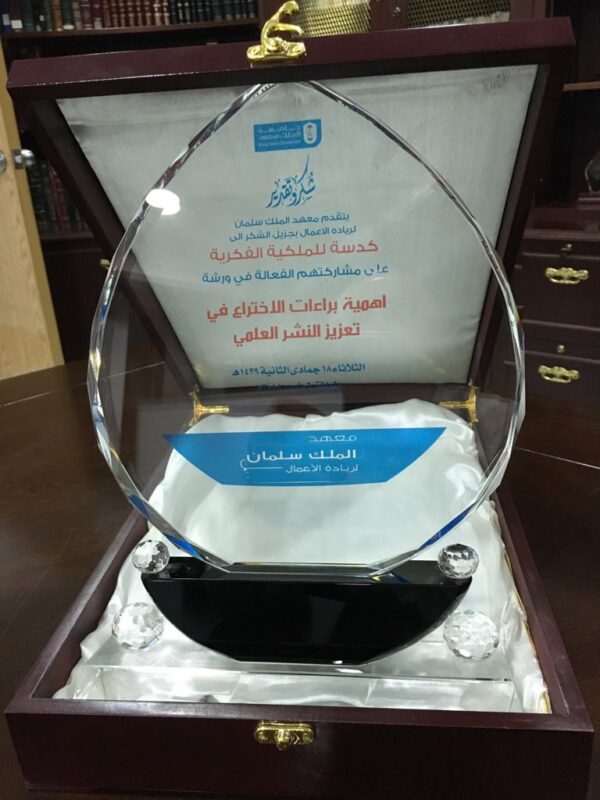OUR SERVICES
OUR EVENTS
PUBLICATIONS
Sorry, this entry is only available in العربية.
Full viewSorry, this entry is only available in العربية.
Full view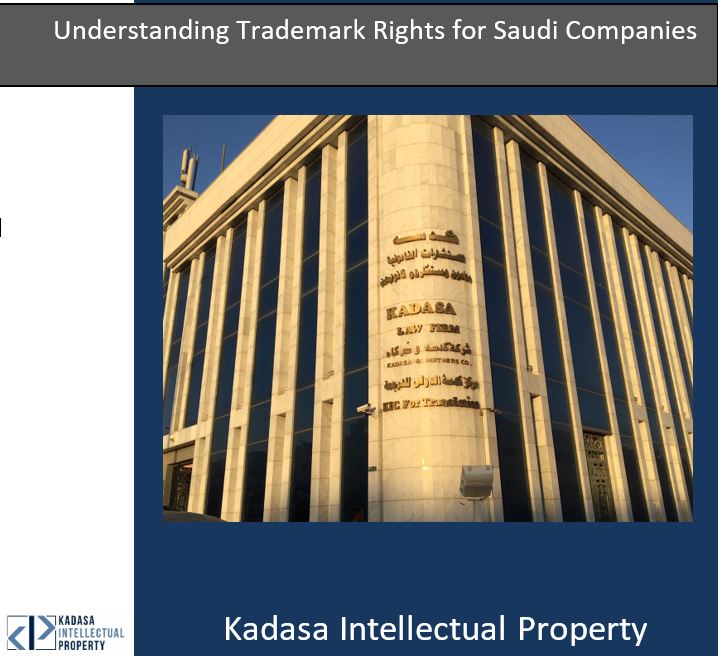
Table of Contents A real property and intellectual property. What can be a trademark? Tradenames and Trademarks__Do not confuse it! Why a trademark is important? Who can file a trademark?...
Full view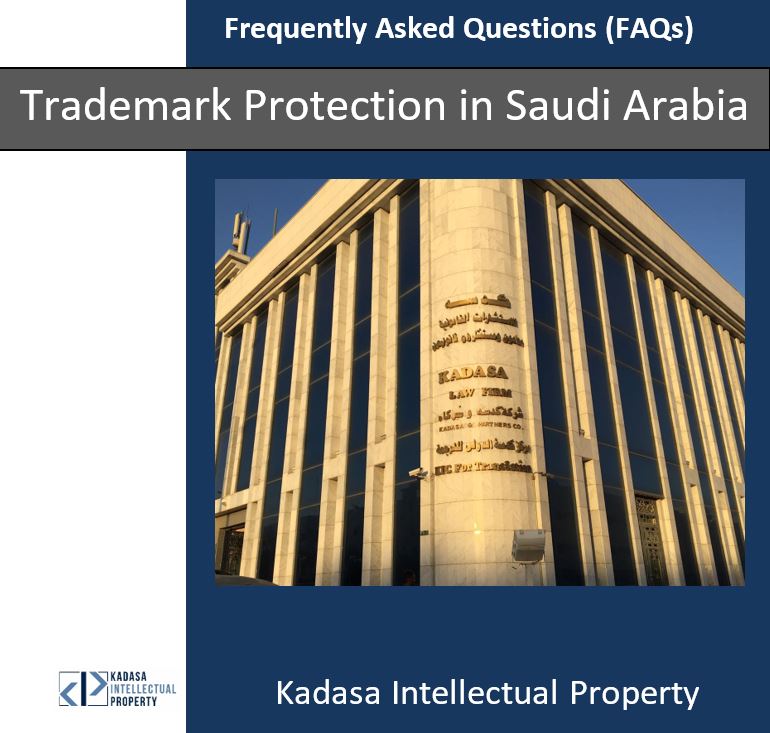
What can registered as trademark in Saudi Arabia? According to new GCC trademark law effective in Saudi Arabia from September 27, 2016, a trademark can be anything that takes a...
Full view
A real property and intellectual property The rights in intellectual creativity in field of literature, art and science is a basic right of every human being as provided in Article...
Full viewIP DECISIONS KSA
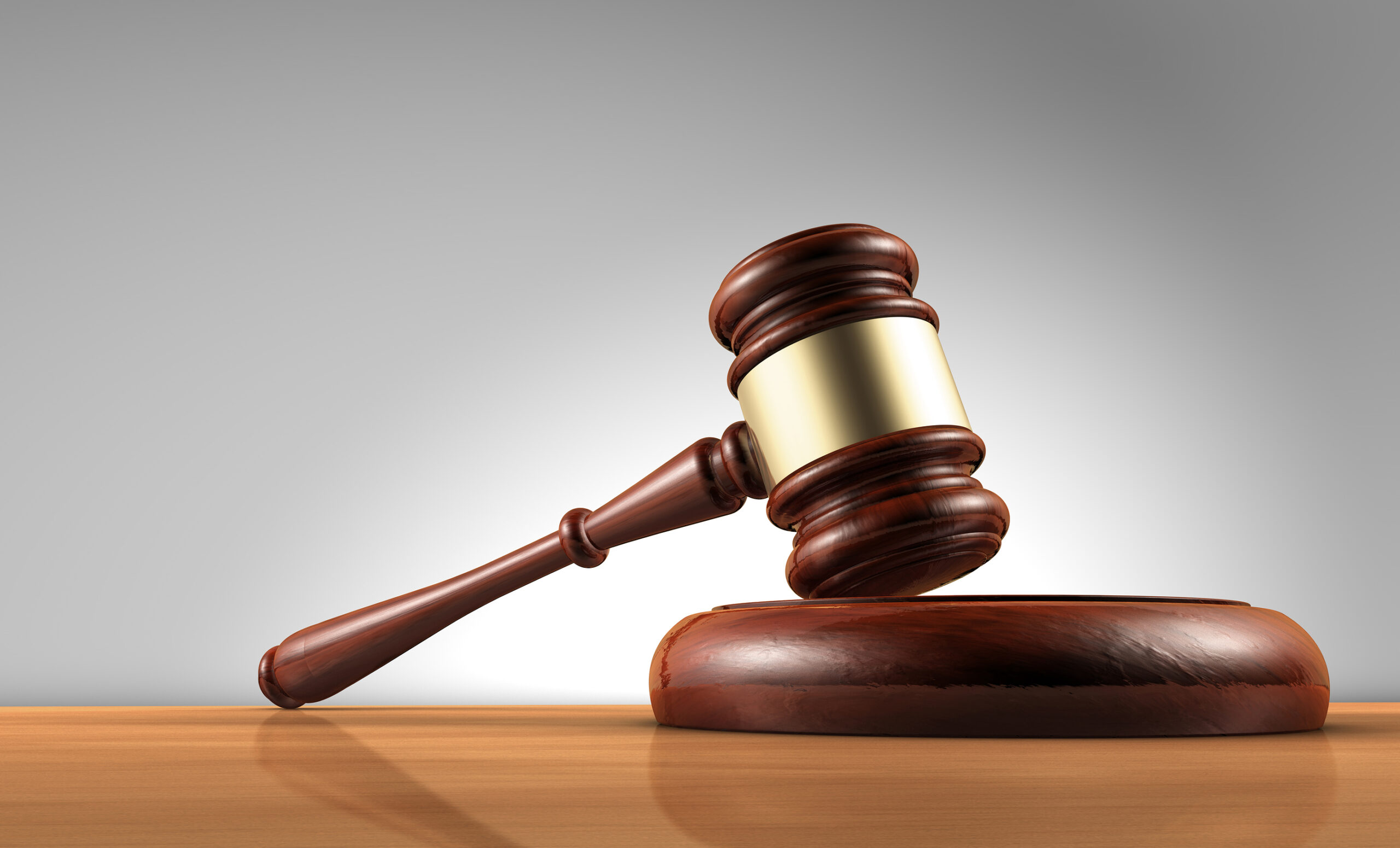
This case discusses the requirement of distinctiveness under Saudi trademark law. Trademark application for AGE
This case discusses the requirement of distinctiveness under Saudi trademark law. Trademark application for AGE REVITALIZE in Class 3 was refused by the Trademark Office on the basis of descriptiveness for the goods covered in the application. The applicant filed appeal to the administrative court seeking revocation of the decision of the
Read more
In this case, the plaintiff brought an action against decision of MoCI for accepting
In this case, the plaintiff brought an action against decision of MoCI for accepting and publishing trademark SUPER STAR. The argument of the opponent (plaintiff) was that the published mark is similar to the earlier registered trademark of opponent in the same class and that the MoCI decision of acceptance
Read more
In this opposition, Kadasa IP represented the opponent against publication of trademark LEGO in
In this opposition, Kadasa IP represented the opponent against publication of trademark LEGO in Latin characters in Class 35, concerning advertising matters. The opponent alleged that the opposed mark is identical with its trademark LEGO registered in the same class and many other classes. The opponent further pleaded that acceptance
Read more
In this case before Administrative Court in Riyadh a trademark V-COMB accepted and published
In this case before Administrative Court in Riyadh a trademark V-COMB accepted and published for registration was challenged by Tolife Technologies of Australia on the basis of foreign registrations and use of mark in Saudi Arabia. The trademark of opponent was not registered in Saudi Arabia. The opponent argued that
Read more
The summary of the case facts is that the Plaintiff filed a complaint to
The summary of the case facts is that the Plaintiff filed a complaint to Administrative Court in Riyadh with a request to cancel the registration of a registered trademark in Class 43 due to the fact that it is the prior creator, user and registrants of the mark in different countries for
Read more


